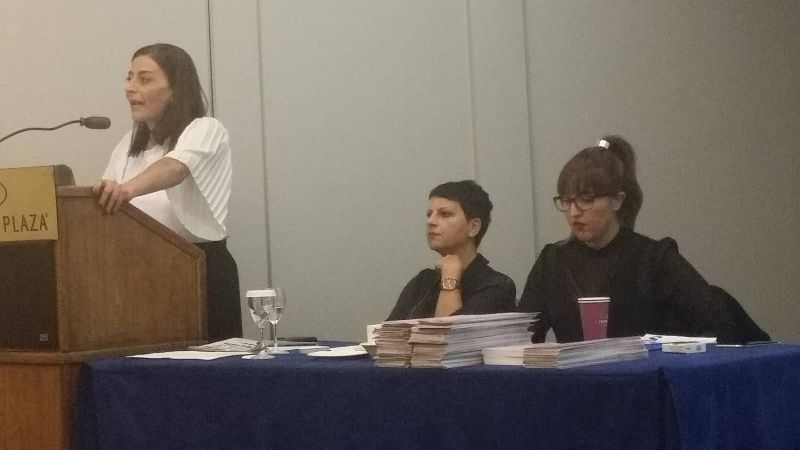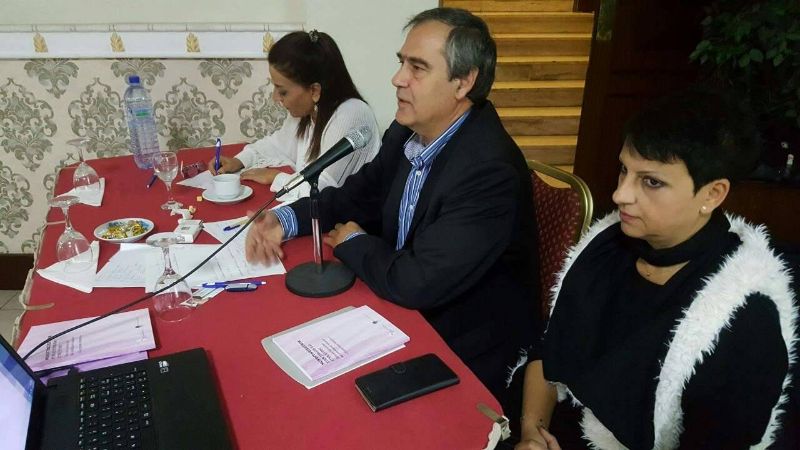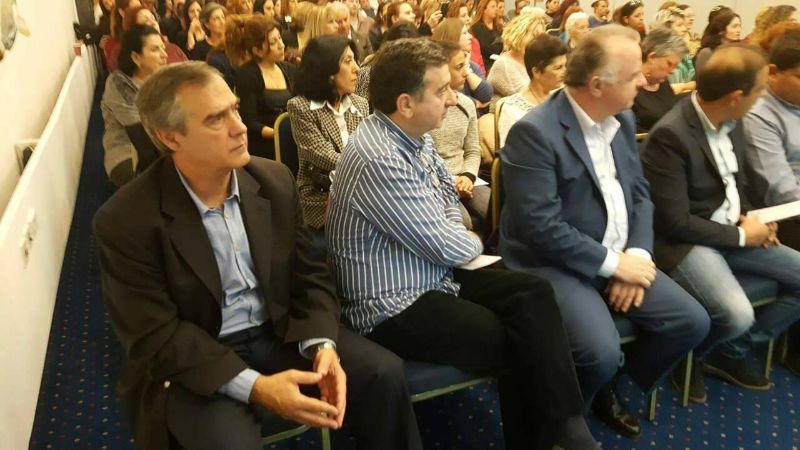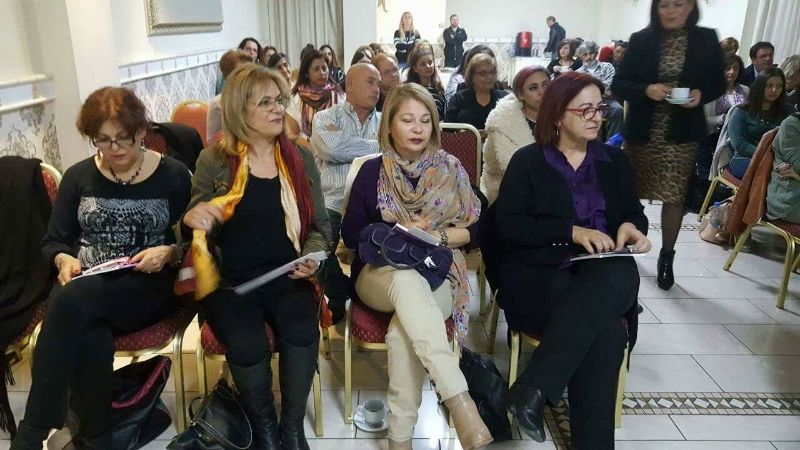



Project summary
International studies and surveys reveal that sexual harassment has a European and global dimension. Even-though EU member states as well as public and private organizations and trade unions have established policies and procedures to deal with the issue, yet implementation of policy and mechanisms to effectively tackle sexual harassment at the work or the nature and frequency of incidents vary from country to country. The partner organizations have recognized the need to formulate a comprehensive intervention strategy and a training programme that effectively address issues relating to sexual harassment.
Specific project objectives are to:
Create field-tested European Toolkits, Guides and Instruments to effectively implement intervention measures in preventing and handling sexual harassment in the world of work
Develop educational material/curricula and train key people from participating organizations that will become trainers for their own organizations. Include on-line training materials to facilitate e-learning
Establish a project website to become a facility for dissemination of project activities, best practice and results.
Host Multiplier events to present Intellectual Outputs and results to selected stakeholders
Activities to be undertaken include:
A research based activity to develop a comprehensive Toolkit for prevention and handing sexual harassment.
Develop educational/training tools and material that will be based on the intervention strategy to organize face to face training and e-learning
Organize training courses for training of trainers from partner organizations. Approximately 24 individuals from partner organization will participate in the training courses.
Establish a web portal with a view to become a facility for e-learning through a state-of-the-art structured educational resource.
Invite stakeholders that have an interest in the subject, to multiplier events with a view to encourage utilization and mainstreaming of Outputs.
Develop a Risk Assessment instrument measuring the incidence and prevalence of sexual harassment at the workplace
Collate project experience in a scientific policy paper
The methodological choices of the partnership reflect the project’s multidimensional character and its innovation seeking component, particularly: a) intervention methodologies and pedagogical tools will be the result of joint work carried out by the partnership, during the first year of the project b) what will be designed in theory, will then be tested in the field by all partners, so that it can be evaluated, improved, and transferred to stakeholders outside the partnership, c) project methodology is designed to effectively bring into fruition project aims and objectives and address the ERASMUS+ priorities chosen.
Results envisaged by project implementation include:
Field tested intervention strategy model to guide HR managers, Gender equality and relevant professionals, in implementing policy for combating sexual harassment in the work place.
Educational curricula suitable for each partner region to train key personnel of partner organization and stakeholders in the subject.
Trained key staff members from participating organizations will provide continuous follow-up in implementing policy, rules of conduct and codes regarding sexual harassment within their organization.
Intellectual Outputs and results mainstreamed at national and EU level.
Synergies and collaboration developed between partners and stakeholders to further pursue future action in the field.
The project implementation is expected to positively impact HR Managers, Gender Equality Officers and Employers that seek to create a harassment free work environment. It will also impact Policy makers, national and EU institutions.
PROJECT PARTNERS
1. Cyprus Academy of Public Administration (CAPA), Applicant
2. HYPATIA Foundation Promoting Equality (HYPATIA) – Cyprus, Partner
3. Open Education Centre Foundation (OECF) - Bulgaria, partner
4. FIU-ligestilling/Dansk Metal (FIU) – Denmark, partner
5. Gender5plus – Belgium, partner
6. European University Cyprus (ΕCU) – Cyprus (ICT partner)
7. University of Barcelona – Spain, partner
8. PANTEION University - Greece, partner
9. Gender Equality Committee in Employment and Vocational Training (Associated partner-Cyprus)
Report in PDF